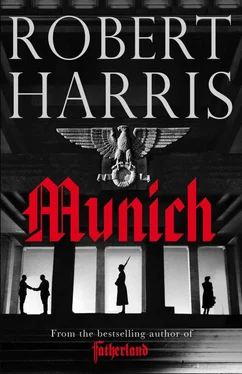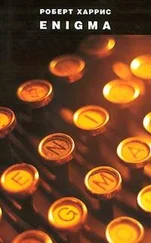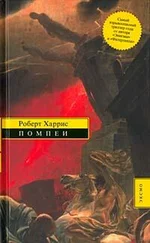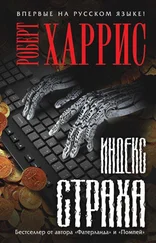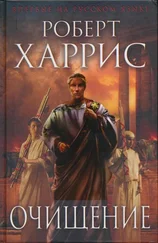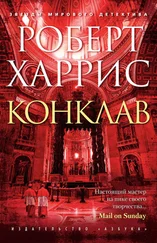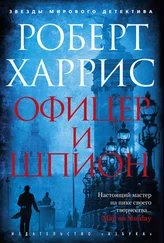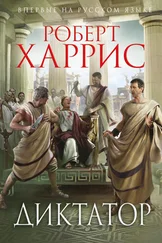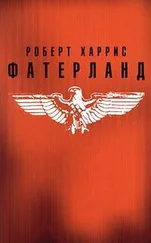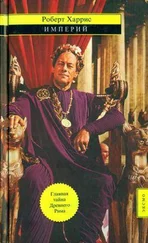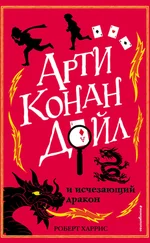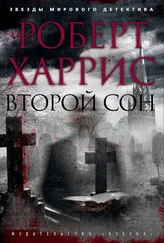‘We should always be aware that what now lies in the past once lay in the future.’
F. W. Maitland, historian (1850–1906)
‘We ought to have gone to war in 1938... September 1938 would have been the most favourable date.’
Adolf Hitler, February 1945

Shortly before one o’clock on the afternoon of Tuesday 27 September 1938, Mr Hugh Legat of His Majesty’s Diplomatic Service was shown to his table beside one of the floor-to-ceiling windows of the Ritz Restaurant in London, ordered a half-bottle of 1921 Dom Perignon he could not afford, folded his copy of The Times to page seventeen, and began to read for the third time the speech that had been delivered the night before in Berlin’s Sportpalast by Adolf Hitler.
HERR HITLER’S SPEECH
—
FINAL WORD TO PRAGUE
—
PEACE OR WAR?
Occasionally Legat glanced across the dining room to check the entrance. Perhaps it was his imagination but it seemed that the guests and even the waiters moving back and forth across the carpet between the dusky pink upholstered chairs were unusually subdued. There was no laughter. Soundlessly beyond the thick plate glass, forty or fifty workmen, some stripped to the waist in the humid weather, were digging slit trenches in Green Park.
There should remain no doubt for the whole world at this time that it is not one man, or one leader, who speaks but the whole German people. I know that in this hour the whole people — millions strong — agree with every one of my words (Heil).
He had listened to it on the BBC as it was delivered. Metallic, remorseless, threatening, self-pitying, boastful — impressive in its horrible way — it had been punctuated by the thumps of Hitler’s hand pounding the podium and by the roar of fifteen thousand voices shouting their approval. The noise was inhuman, unearthly. It had seemed to well up from some black subterranean river and pour out of the loudspeaker.
I am grateful to Mr Chamberlain for all his efforts, and I have assured him that the German people want nothing but peace. I have further assured him, and I emphasise it now, that when this problem is solved, Germany has no more territorial problems in Europe.
Legat took out his fountain pen and underlined the passage, and then did the same with another, earlier reference to the Anglo — German Naval Agreement:
Such an agreement is only morally justified if both nations promise one another solemnly never to wage war against one another again. Germany has this will. Let us all hope that those who are of the same conviction will gain the upper hand among the British people.
He put aside the paper and checked his pocket watch. It was characteristic of him not to carry the time on his wrist like most men of his age but rather on the end of a chain. He was only twenty-eight yet seemed older — his face pale, his manner grave, his suit dark. He had made the reservation a fortnight ago, before the crisis had blown up. Now he felt guilty. He would give her another five minutes; then he would have to leave.
It was a quarter-past when he glimpsed her reflection between the flowers in the wall of gilded mirrors. She was standing on the edge of the restaurant, practically on tiptoe, peering around blankly, her long white neck extended, her chin tilted upwards. He studied her for a few more moments as if she were a stranger and wondered what on earth he would make of her if she were not his wife. ‘A striking figure’ — that was the sort of thing people said of her. ‘Not pretty, exactly.’ ‘No, but handsome.’ ‘Pamela’s what one calls a thoroughbred .’ ‘Yes, tremendous breeding — and entirely out of poor Hugh’s league...’ (This latter he had overheard at the party to celebrate their engagement.) He raised his hand. He stood. Finally, she noticed him, smiled and waved and moved towards him, cutting quickly between the tables in her tight skirt and tailored silk jacket, leaving a wake of turned heads.
She kissed him firmly on the mouth. She was slightly out of breath. ‘Sorry, sorry, sorry...’
‘It doesn’t matter. I’ve only just arrived.’ Over the past twelve months he had learned not to ask where she had been. As well as her handbag she was carrying a small cardboard box. She placed it on the table in front of him and pulled off her gloves.
‘I thought we agreed no presents?’ He lifted the lid. A black rubber skull, a metal snout and the vacant glassy eye-sockets of a gas mask stared back up at him. He recoiled.
‘I took the children for a fitting. Apparently, I’m to put theirs on first. That will test one’s maternal devotion, don’t you think?’ She lit a cigarette. ‘Could I have a drink? I’m parched.’
He signalled to the waiter.
‘Only a half-bottle?’
‘I have to work this afternoon.’
‘Of course you do! I wasn’t sure you’d even show.’
‘I ought not to have done, to be honest. I tried to call but you weren’t at home.’
‘Well, now you know where I was. A perfectly innocent explanation.’ She smiled and leaned towards him. They clinked glasses. ‘Happy anniversary, darling.’
In the park, the workmen swung their picks.
She ordered quickly, without even looking at the menu: no starter, Dover sole off the bone, green salad. Legat handed back his menu and said he’d have the same. He couldn’t think about food, couldn’t rid his mind of the image of his children wearing gas masks. John was three, Diana two. All that cautioning of them not to run too fast, to wrap up warm, not to suck on toys or crayons because you never knew where they might have been. He put the box under the table and pushed it out of sight with his foot.
‘Were they very frightened?’
‘Of course not. They thought the whole thing was a game.’
‘Do you know, sometimes I feel exactly that? Even if you see the telegrams it’s difficult not to think it’s all just some ghastly joke. A week ago it looked as though it had all been fixed. Then Hitler changed his mind.’
‘What will happen now?’
‘Who can say? Possibly nothing.’ He felt he should try to sound optimistic. ‘They’re still talking in Berlin — at least they were when I left the office.’
‘And if they stop talking, when will it start?’
He showed her the headline in The Times and shrugged. ‘I suppose tomorrow.’
‘Really? As soon as that?’
‘He says he’ll cross the Czech border on Saturday. Our military experts reckon it will take him three days to get his tanks and artillery in position. That means he’ll have to mobilise tomorrow.’ He tossed the paper back on the table and drank some champagne; it tasted like acid in his mouth. ‘I tell you what — let’s change the subject.’
From his jacket pocket he produced a ring-box.
‘Oh, Hugh!’
‘It will be too big,’ he warned her.
‘Oh, but it’s charming!’ She slipped the ring on to her finger, held up her hand and turned it back and forth beneath the chandelier so that the blue stone glinted in the light. ‘You are a wonder. I thought we hadn’t any money?’
‘We haven’t. It was my mother’s.’
He had been afraid she might think him cheap, but to his surprise she reached her hand across the table and laid it on his. ‘You are sweet.’ Her skin was cool. Her slim forefinger stroked his wrist.
Читать дальше
